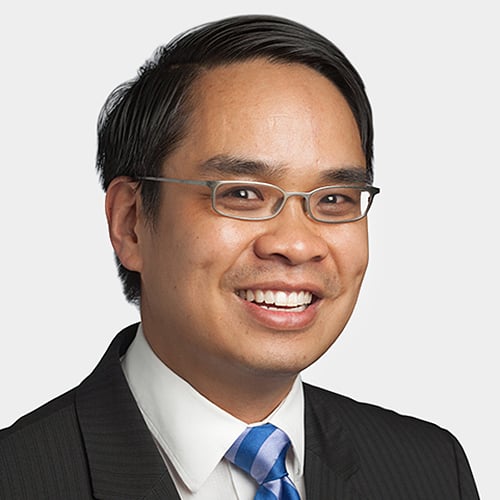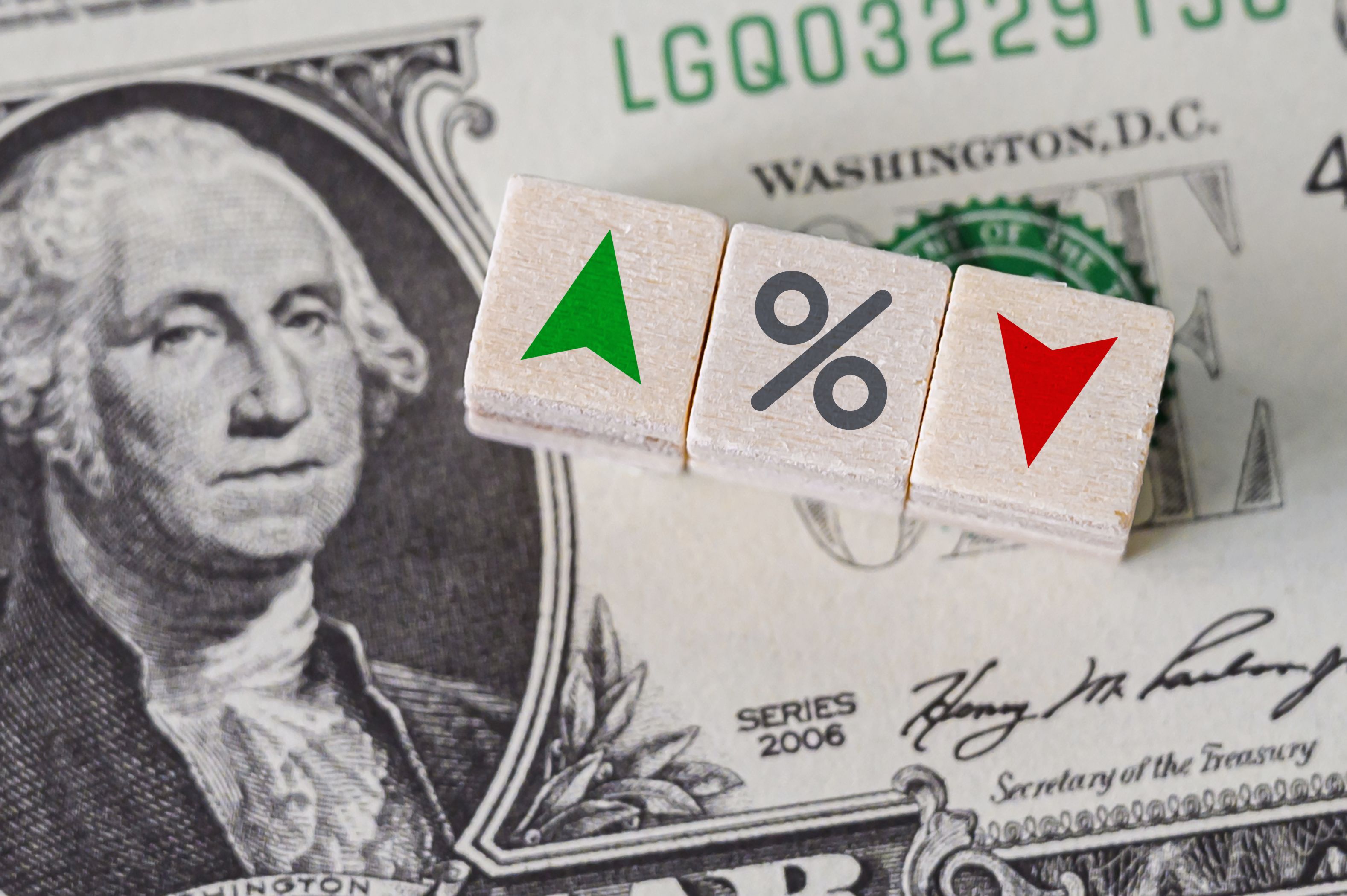When asked about their key investment criteria, Asian high-net-worth individuals (HNWI) show a much higher degree of concern for environmental, social and governance (ESG) factors than their Western peers. This is according to new research conducted by the Economist Intelligence Unit on behalf of RBC Wealth Management, part of Royal Bank of Canada.
In Asia, 72% of HNWIs agree that it is increasingly important to consider ESG factors when investing. This compared to just 43% of Western HNWIs.
“In Asia we are seeing a changing of the guard,” explains Michael Reed, head of wealth management, Southeast Asia and chief executive, RBC Singapore Branch. “In my experience, younger members of Asia’s global families, which are internationally-mobile high-net-worth (HNW) families with financial interests that cross national borders, have been educated overseas and are returning to Asia with new ideas about how to manage family wealth. They increasingly see their investment activity as an extension of their ethical values, leading them to favour ESG factors. The findings of this study further reinforce the increasing desire among younger HNW Asians to incorporate ESG factors into their investment portfolios.”
Indeed, 69% of Asian HNWIs believe that their views on wealth differ from those of their parents. This compares with 56% of HNWIs in Western markets.
“Western investors were introduced to ethical investing much earlier, with the advent of socially responsible investing (SRI) in the 1980s. This later evolved into less restrictive but potentially more efficient ESG criteria that is now considered accepted wisdom in these markets. In Asia, however, ESG is a relatively newer concept, leading many of the clients I speak to in these markets being more likely to identify it as an active factor in making investment decisions rather than ‘standard operating procedure’,” says Reed.
Asian investors more focused on wealth accumulation
A similar differential can be seen between investment goals among HNWIs in Asia and the UK, the US and Canada, the other countries this study focused on. Whereas only 45% of HNWI respondents from these Western markets agree that their investment goal is “to increase wealth”, more than 61% of Asian HNWIs aim to increase their wealth.
“This is similar to attitudes toward ESG investing,” says Vivian Kiang, head of wealth planning, RBC Wealth Management – Asia. “Fortunes in Asia are often younger than those in the West, with many families still in the process of building their wealth. In my experience, this results in Asian investors often taking a more active approach to investment and being more open to alternatives than their Western peers.”
This is borne out by the numbers. In Asia, 39% of HNWIs classify themselves as “active investors” versus 29% in the west, where passive investing is deeply entrenched. The difference is even higher when it comes to openness to alternatives, as 27% of Asian HNWIs anticipate investing in more alternatives versus just 12% of their Western peers.
Asian investors more concerned about trade war
Looking at areas of concern, Asian and Western HNWIs are similarly concerned about domestic economic uncertainty, at 39% and 36%, respectively. However, investors in Asia show a much higher degree of concern about global economic uncertainty, with 56% selecting it as one of their leading concerns versus 41% of their Western peers.
This extends to the ongoing trade disputes. In Asia, 39% of HNWIs cited “cross-border trade/tariffs” as a leading concern whereas only 27% of Western HNWIs cited it as a key concern.
“This likely reflects the fact that Asian HNWIs – particularly those among Asia’s global families – often have relatively high exposure to international markets because of children attending school overseas, international property holdings or overseas investments,” explains Kiang.
“These investors need to work with an investment partner who understands the implications of cross-border regulations and market dynamics, whether they be exposed to European, American, or Canadian assets. Considerations can include taxation, regulatory filings and wealth transfer conditions.”








